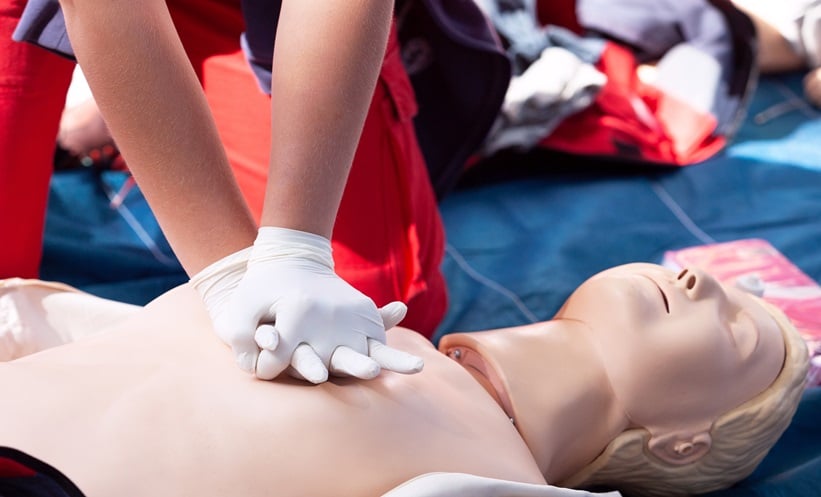AI is playing an increasingly vital role in the dissemination of medical guidelines, especially in critical areas such as cardiopulmonary resuscitation (CPR). A recently published opinionated piece compared three popular AI tools, GPT4o, Gemini Advanced, and DeepSeek, to evaluate their effectiveness in delivering CPR guidelines for a non-medical audience. This analysis aimed to identify which platform could best support educators in promoting accurate and easy-to-understand instructions for the public, ultimately improving survival outcomes in cases of cardiac arrest.
The study used a uniform prompt asking each AI tool to provide a step-by-step explanation of CPR guidelines based on the latest standards from the European Resuscitation Council (ERC) 2021. Each platform’s performance was measured across key parameters: accuracy, clarity, explanation of automated external defibrillator (AED) use, and integration of rescue breaths into the instructions.
The findings revealed that all three AI models performed exceptionally well in accuracy. Key metrics such as correct compression rates (100–120 per minute), appropriate depth (5–6 cm for adults), and compression-to-ventilation ratios (30:2) were consistently provided. However, subtle discrepancies existed. GPT4o failed to include important updates after 2021, Gemini Advanced lacked some necessary unit conversions, and DeepSeek showed minor issues with infant CPR techniques.
While the tools all delivered clear and jargon-free content, GPT4o was particularly praised for its simplicity, ensuring the guidelines were easy for the general public to follow. The other two platforms, Gemini Advanced and DeepSeek, provided understandable language, though both could improve by simplifying some technical terms, like “recoil” and ensuring terms like “AED” are fully defined for beginners.
Importantly, each AI model accurately emphasized the critical role of AED use and highlighted the importance of performing hands-only CPR when appropriate. These tools also integrated key recommendations for differentiating agonal breathing from regular breathing and adjusting instructions for children and infants.
Despite these positive results, the study acknowledged that AI-generated content must be continuously scrutinized to ensure accuracy and ethics. AI tools can democratize CPR knowledge but should be used in tandem with verified medical resources and hands-on training. Additionally, developers, clinicians, and ethicists must collaborate to ensure these technologies are inclusive and transparent, safeguarding against inaccuracies and biases.
Ultimately, this evaluation underscores the potential of AI to revolutionize CPR education. While further refinements are necessary, AI tools like GPT4o, Gemini Advanced, and DeepSeek have shown significant promise in making CPR knowledge accessible to everyone.
Reference: Semeraro F et al. Comparative analysis of AI tools for disseminating CPR Guidelines: implications for cardiac arrest education. Resuscitation. 2025:110528. [Article in press].
Anaya Malik | AMJ








